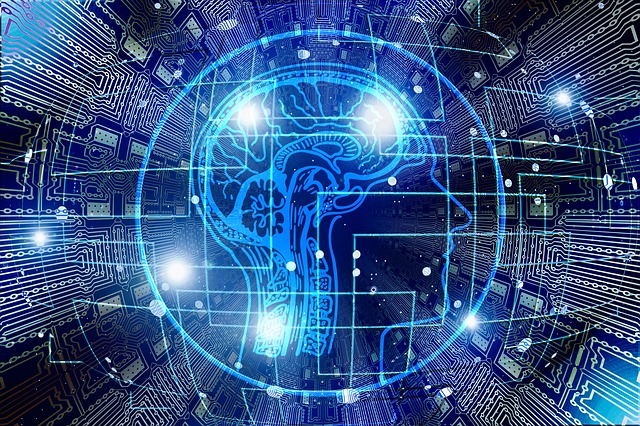Source- qswownews.com
The dilemma with all new hotel technology is that Innovation is often used as a jargon to sell more products and services. These jargons are also used in marketing messages, creating ample confusion that only “experts” can understand.
Hospitality is all about the human touch. Hotels that are able to anticipate a guest’s needs and is what differentiates them from the others. However, as the number of guests increases and hotels expand, the notion of hospitality tends to become more industrialised and less personal; thereby, eventually neglecting its humanity and personality. In big hotel chains, the unique human touch is often deemed an expensive commodity. In such scenarios, artificial intelligence helps to rectify this challenge.
For instance, the presence of a system that helps to alert the hotel about the expected arrival time of a guest. The guest’s room should be ready before a specific time the Valet (knowing the car’s registration) could greet the guest by name, and the front desk would have all the elements to start a memorable and highly personalized check-in experience. Or if a guest is arriving late in the evening, the system would email the quest the room-service menu in case the guest wants to order something to eat upon arrival. These are perfect examples of how a great first impression can really win a customer over. This, personalised experiences based on known data, is what a hotel website should also be focused on, as it is often the first point of contact with the guest. Despite its non-complexity, these are some fundamental AI that can help enhance a guest experience.
Even though this trend may not impact the hospitality industry in a similar manner, the optimisation of AI helps to add value in areas where it is needed. Therefore, hoteliers should allow computers to analyse trends and patterns of guest behaviour, so that hotel employees can help to enhance personal interactions with guests. It is not a question of machines replacing humans. But rather, it is about machines working together witha human in their respective areas of expertise. The technology revolution is about having machines to work together with humans on their respective fields they are best at as opposed to machines replacing humans.
While artificial intelligence is mostly used in the areas of revenue management, marketing and advertising within the hospitality industry, there are many other possible applications. Customer experience can also benefit from AI as it can be used to predict estimated gust arrival time based on their nationality and housekeeping can prioritise room availability accordingly. Further, with AI being added to hotel websites and booking engines, it has helped to optimise guest experience and conversion rate.
While artificial intelligence is becoming a norm in today’s society, AI can help bringthe human touch back to hotels. It can help staff to be aware and predict the needs of guests. The goal is not to replace humans with machines, but rather, it is to ensure that repetitive tasks can be carried out by machines while humans focus on enhancing guest experiences.
